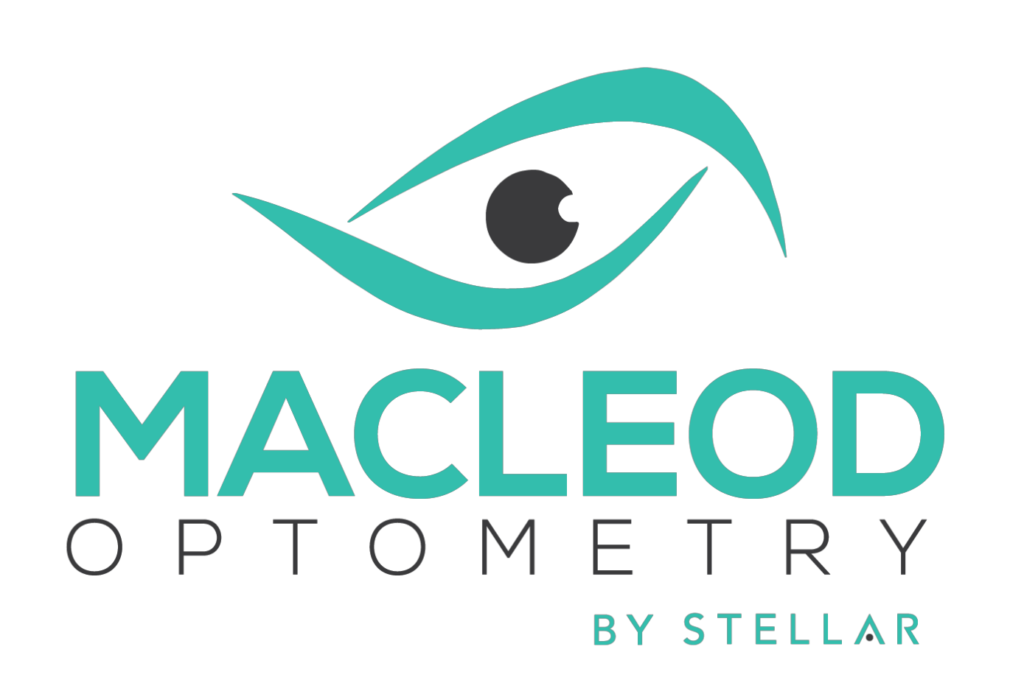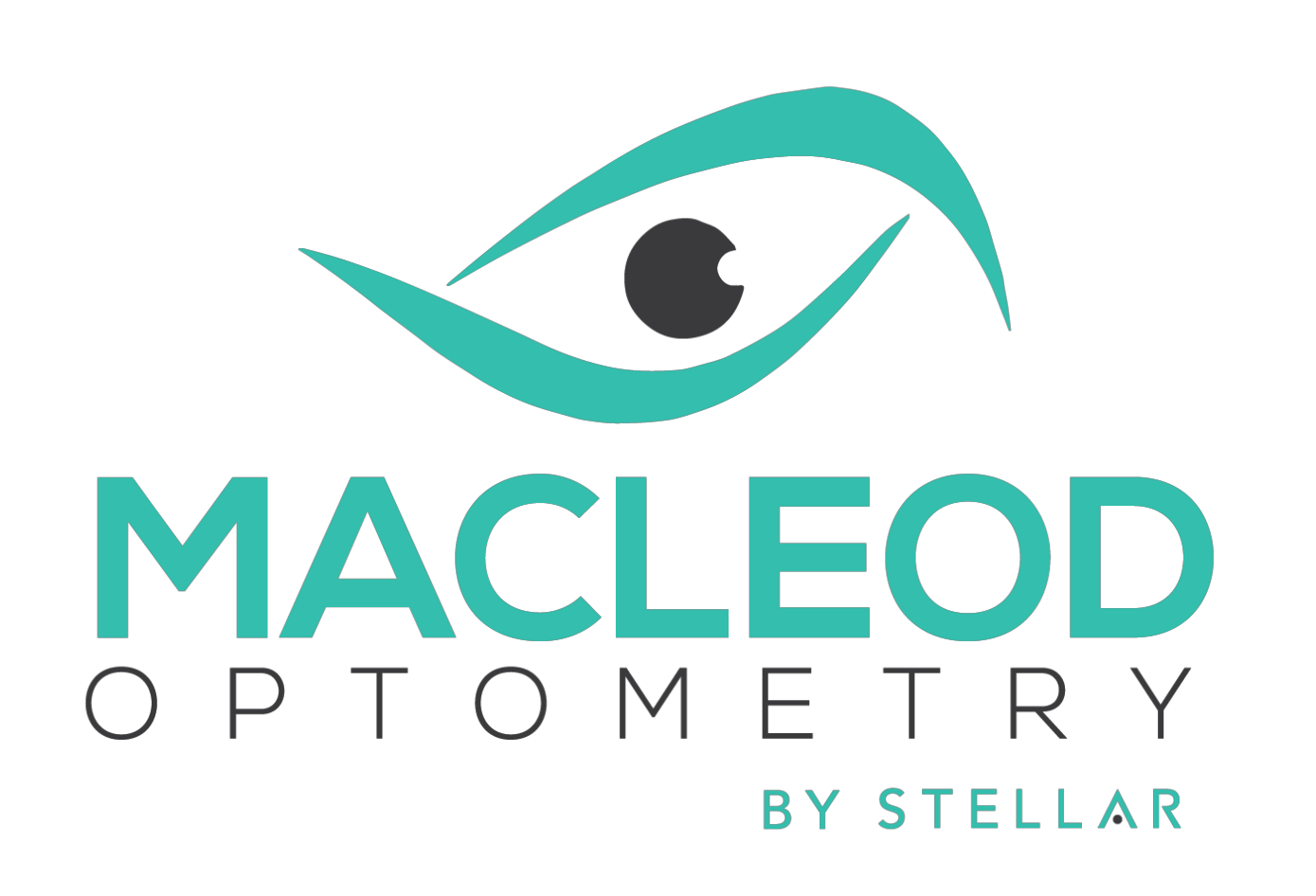Myopia, or nearsightedness, is a common vision condition that affects millions of people worldwide. It occurs when the eye grows too long from front to back, causing light to focus in front of the retina instead of directly on it. This results in distant objects appearing blurry, while close-up vision remains clear. While myopia is generally correctable with eyeglasses or contact lenses, it’s essential to understand its causes and explore methods to control its progression, especially in children.
What is the cause of myopia?
Myopia typically develops during childhood and tends to progress until the late teens or early twenties. Various factors contribute to its onset, including genetics, environmental influences, and lifestyle choices. Research suggests that spending more time indoors, especially engaging in activities like reading and screen time, can increase the risk of myopia. Additionally, a family history of myopia can significantly heighten the likelihood of a child developing it.
What are myopia control lenses?
Myopia control is a proactive approach to managing nearsightedness, aiming to slow down its progression. One effective method is the use of myopia control lenses. These specialized eyeglasses are designed to reduce the strain on the eyes when focusing on close-up objects, thus helping to curb the eye’s elongation.
What age do you start myopia control glasses?
The ideal age to begin myopia control glasses is typically when a child starts showing signs of myopia, which can occur as early as six years old. Early intervention is crucial, as it has been shown to be more effective in slowing down myopia progression.
What are the best options for myopia control?
Aside from myopia control lenses, there are other effective options to consider.
- Orthokeratology, or Ortho-K, involves wearing specially designed contact lenses overnight to temporarily reshape the cornea, thereby improving daytime vision without glasses or lenses.
- Atropine eye drops, when prescribed by an eye care professional, can also slow myopia progression.
Does myopia get better with age?
Contrary to popular belief, myopia typically does not get better with age. Without intervention, it often continues to worsen during childhood and adolescence. Hence, it’s essential to address myopia control early on to mitigate its advancement.
What is the success rate of myopia control?
The success rate of myopia control can vary depending on factors such as the chosen method, the child’s age, and the severity of myopia. Generally, research has shown that myopia control measures can significantly slow down the progression of myopia, reducing the risk of high myopia, which is associated with more severe eye conditions.
Prioritizing myopia control is of utmost importance for both children and parents who are invested in safeguarding their visual well-being. It involves proactive steps to slow down the progression of nearsightedness, which can lead to healthier eyes in the long run. If you’re interested in myopia control options for your child or have questions about your own eye health, contact us at Macleod Optometry. Our team of experienced professionals is here to guide you on the best path for maintaining a clear and vibrant vision.

